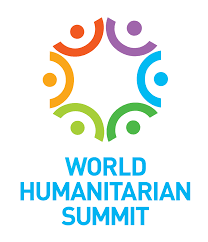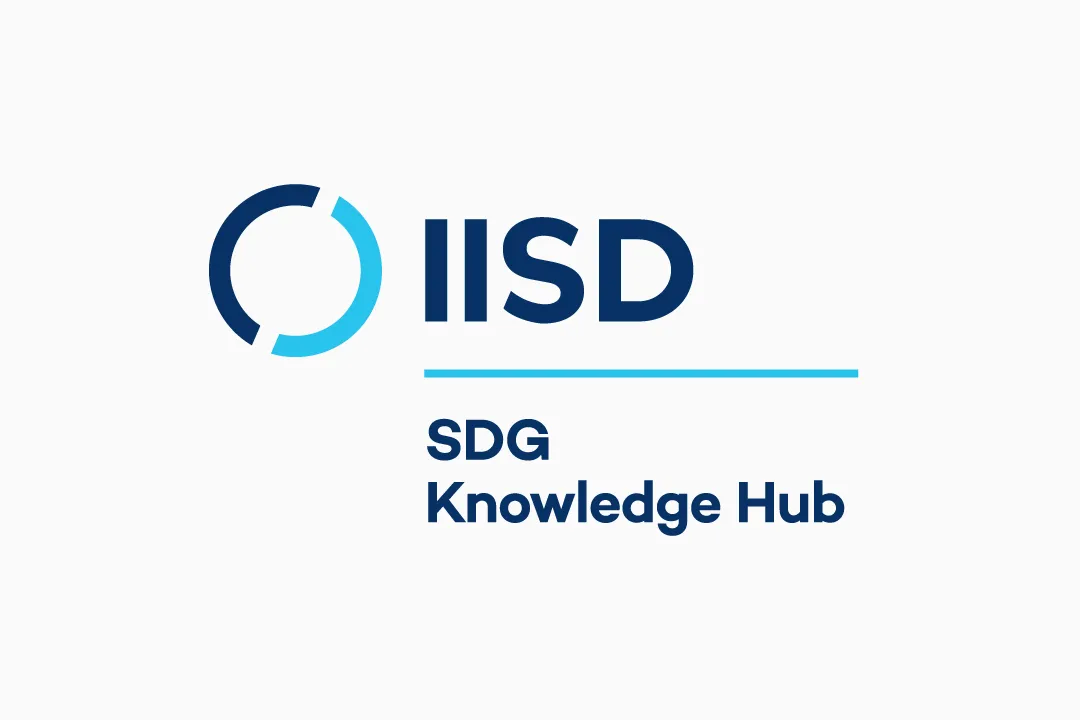 9 February 2016: UN Secretary-General Ban Ki-moon has launched a report, titled ‘One Humanity: Shared Responsibility,’ which was prepared for the first-ever World Humanitarian Summit. The Summit will convene from 23-24 May 2016, in Istanbul, Turkey. He said that the report provides key actions and strategic shifts that the world needs, and urged world leaders to come to the Summit ready to commit to action, change and mutual accountability. UN General Assembly (UNGA) President Mogens Lykketoft said the Summit will be Member States’ first major opportunity to give “true meaning” to the principle of leaving no one behind, as agreed in September 2015.
9 February 2016: UN Secretary-General Ban Ki-moon has launched a report, titled ‘One Humanity: Shared Responsibility,’ which was prepared for the first-ever World Humanitarian Summit. The Summit will convene from 23-24 May 2016, in Istanbul, Turkey. He said that the report provides key actions and strategic shifts that the world needs, and urged world leaders to come to the Summit ready to commit to action, change and mutual accountability. UN General Assembly (UNGA) President Mogens Lykketoft said the Summit will be Member States’ first major opportunity to give “true meaning” to the principle of leaving no one behind, as agreed in September 2015.
The report launch took place on 9 February 2016, in New York, US.
Ban noted that the Report provides his “Agenda for Humanity,” containing five core responsibilities for action by Member States: global leadership to prevent and end conflict; upholding the norms that protect humanity, by respecting the rules they have endorsed in international humanitarian and human rights law; leaving no one behind, by committing to reducing displacement by 2030, protecting women and girls, and providing education to children and youth in protracted crises; moving from delivering aid to ending need, by reinforcing and not replacing national systems, and by strengthening local leadership and capacity; and investing in humanity through building effective and inclusive institutions in fragile contexts, mobilizing resources, and diversifying and expanding the resource base by using a wide variety of financing tools. He invited Member States to make specific commitments at the Summit on each of the five core areas of responsibility.
The Secretary-General further called for transcending the “humanitarian-development divide” by reducing people’s vulnerability and risk through: investing in data and risk analysis, acting early on this information and managing risk before and after crises; working across mandates, sectors and institutional boundaries; and committing to “finance differently.” Ban also highlighted his proposal to establish, with the World Bank, an international financing platform for exploring “new mechanisms to more predictably and adequately finance collective outcomes in protracted crises and fragile contexts.”
In the ensuing discussion, Member States addressed the need for: shared responsibility, unity, and cooperation; greater investment in preventive diplomacy and mediation, conflict resolution and reconciliation; addressing gender-based and sexual violence; providing more education in protracted crises; addressing the needs of persons with disabilities; making the humanitarian system “fit for purpose” for the future; making cooperation between donors and implementing agencies more efficient and transparent, including through harmonized reporting requirements; addressing the security issues posed by climate change; embedding resilience-building across humanitarian and development work; empowering women to participate in finding and implementing solutions; and localizing aid and strengthening national capacities.
On the Summit, they said it must reinforce the outcomes of the 2030 Agenda for Sustainable Development, the Addis Ababa Action Agenda (AAAA), the Sendai Framework for Disaster Risk Reduction (DRR), and the Paris Agreement on climate change. Some requested a clear roadmap towards the Summit, including negotiations on modalities and whether the Summit will have a negotiated outcome. [UN Press Release] [UN Secretary-General Remarks] [UNGA President Remarks] [Meeting Webcast] [One Humanity: Shared Responsibility] [World Humanitarian Summit Website] [IISD RS Story on Agenda for Humanity] [IISD RS Sources]

